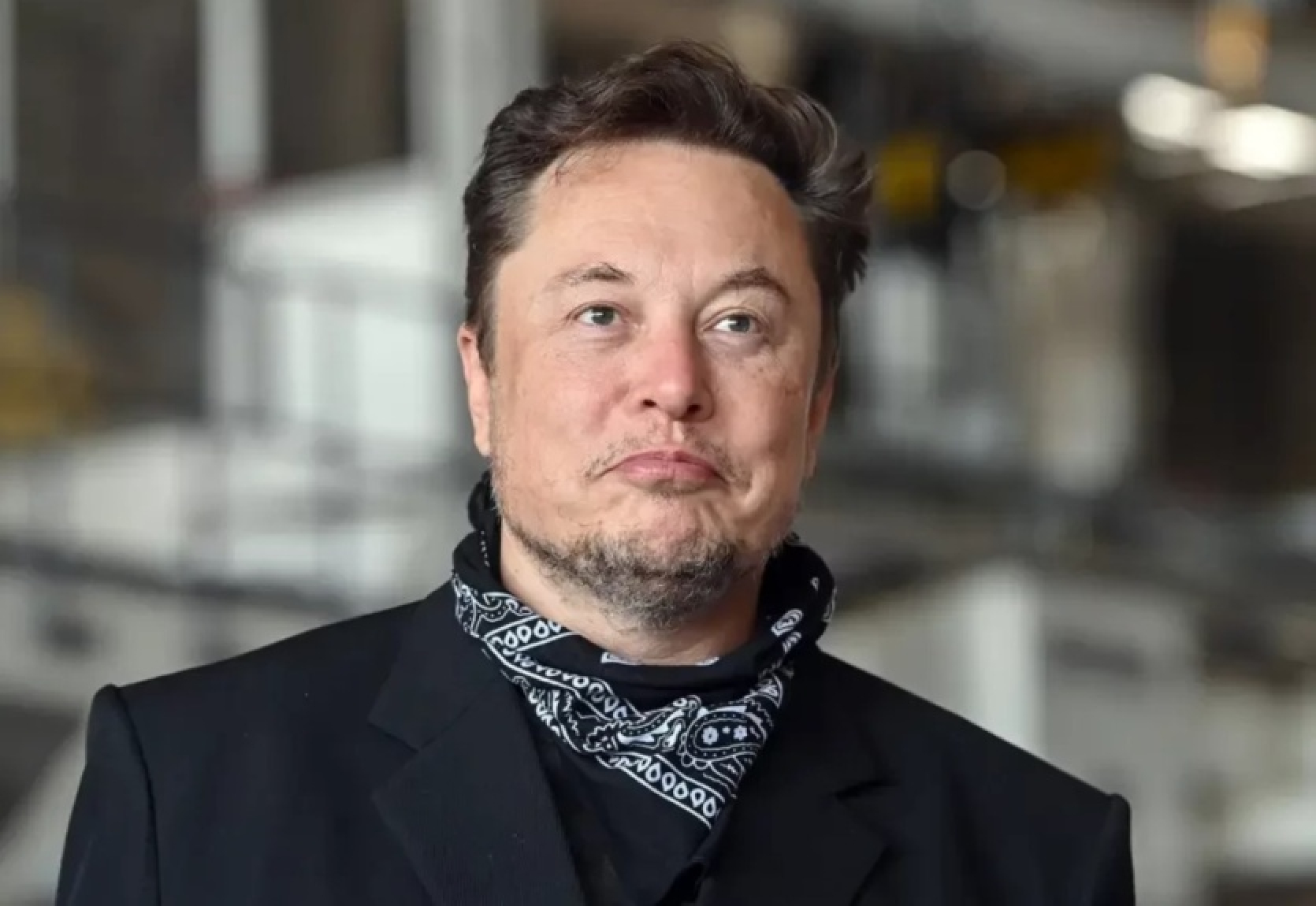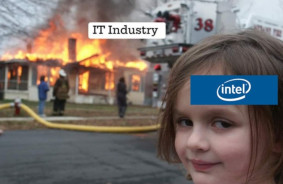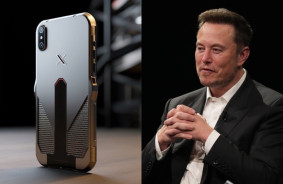Billionaire says he would be uncomfortable developing an auto manufacturer as a leader in AI and robotics without having at least 25% of the votes in the company (almost twice his current stake).
Elon Musk complains about his small stake in Tesla - and this statement sounds especially strange, considering that he previously sold company shares for tens of billions to buy Twitter at a very inflated price.
At the same time, as Electrek writes, it is likely that Tesla is indeed putting together a new compensation package for the CEO (the previous one brought Musk billions of dollars and the title of the world's richest person). Ironically, the automaker has currently reduced its stock option plan for its employees.
Currently, Elon Musk owns 411 million Tesla shares - about 13% of the outstanding shares, but the billionaire seems to think that this is not enough to continue working in the company as CEO. According to him, a larger stake in Tesla would give him greater "influence" on the company's efforts in AI and robotics:
"It would be uncomfortable for me to develop Tesla as a leader in artificial intelligence and robotics without having ~25% of the votes. Having enough to be influential, but not so much that I couldn't be overthrown. In that case, I would prefer to create products outside of Tesla."
The story of acquiring Twitter began when Musk launched a poll on social media and announced the sale of a 10% stake in Tesla in order to acquire the company. Later, despite signing an agreement, he tried to back out of the deal but faced lawsuits and eventually paid $44 billion for Twitter (including funds raised from selling Tesla shares - at the time, this led to a significant drop in the automaker's shares).
In a recent update on Twitter, Elon Musk stated that the only reason for the absence of a new compensation plan is that Tesla is awaiting a decision on a lawsuit by shareholders who deemed his compensation package too large.
Earlier, Elon and other Tesla board members returned over $700 million to the company due to accusations of excessive compensation.














Comments (0)
There are no comments for now